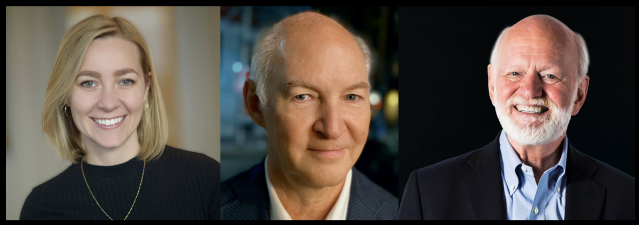Coaching
Coaching: Everyone Needs It, Except Me!
Coaching unlocks your true potential..
Updated October 18, 2023 Reviewed by Hara Estroff Marano
Key points
- Embrace coachability with a mix of humility and confidence.
- Engaging fully in the coaching process requires vulnerability—but unlocks potential and fosters growth.
- Self-awareness fuels personal growth and improvement.
What would you like to change about your partner if you had the chance?
It’s common to notice the blind spots and weak spots in others while wishing they would address them. Yet, we often fail to recognize our own blind spots and areas that could benefit from improvement, believing, perhaps, that others require coaching but we ourselves do not.
In coaching some of the world’s most exceptional business leaders, I have observed one common trait that distinguishes them: their willingness to embrace vulnerability in pursuit of personal growth. This vulnerability not only allows them to become better individuals but also enhances their abilities as team members, partners, family members, and organizational leaders. They achieve growth through their openness to being coached.
Recognizing the importance of addressing blind spots and untapped potential is crucial for personal growth, including building healthy relationships. By embracing the possibility of blind spots and weak spots we open ourselves up to self-reflection and personal growth. Self-awareness fosters not only individual growth but healthy and fulfilling connections, personally and professionally.

What does it take to become coachable and unlock our potential? I spoke with Scott Osman and Jacquelyn Lane, CEO and President, respectively ,of the 100 Coaches Agency, a group of elite executive coaches, and authors of the WSJ best-selling book Becoming Coachable, cowritten with master leadership coach. Marshall Goldsmith. “One needs both humility and confidence to be coachable,” says Lane. “Humility to recognize the need and confidence to engage fully in the coaching process."
Osman cites the need for “self-awareness, vulnerability, and taking action while being accountable.”
- Self-awareness, being open to change: Acknowledging blind spots and weak spots requires openness to feedback from others. Developing self-awareness involves stepping outside of one’s comfort zone and examining one's actions honestly and objectively. Being self-aware allows us to make conscious decisions that align with out authentic self, leading to personal growth and fulfillment, Goldsmith maintains.
- Vulnerability, being open to feedback: Vulnerability can feel uncomfortable, but it is a prerequisite for growing, learning, and connecting with others on a deep level. "Vulnerability is not a weakness but a courageous act of self-reflection, and, more often, the act of others reflecting how we occur to them,” says Lane.
- Taking action: Taking action to address blind spots and untapped potential requires commitment, discipline, and a willingness to push past fear and resistance. Olesija Saue, elite coach to startup founders, says that taking action requires inner alignment, conviction, persistence, and a belief in our ability to evolve and grow as leaders. Taking action is what transforms dreams into reality, notes Osman. It is the unwavering commitment to push through fear, embrace discipline, and cultivate a growth mindset.
- Being accountable: Taking ownership of our actions, decisions, and their outcomes means not making excuses or blaming others for our failures or shortcomings. Instead, accept responsibility, learn from mistakes, and make amends when necessary. Being accountable requires integrity, honesty, and a commitment to continuous improvement. It means being reliable and dependable, both to ourselves and to others. Through it we build trust and credibility in our relationships and endeavors. Mark Thompson, coach to world leaders, sees accountability as the bridge that connects our intentions with our actions; it transforms goals into reality. Having an accountability partner can help tremendously.
The most impressive leaders achieve remarkable results when they embrace coachability. Goldsmith coached Jim Yong Kim during his tenure as president of Dartmouth College. When President Obama offered Kim the opportunity to lead the World Bank Group, Goldsmith asked Kim what was more important to the world and to his values: helping Dartmouth advance or addressing global poverty? His contributions at Dartmouth would live on, but people living in poverty could not wait. Kim thus became the twelfth president of the World Bank Group and contributed to the significant drop in the global extreme poverty rate. Kim’s story reminds us of the profound impact that embracing coachability can have not just on individuals but on the world.


